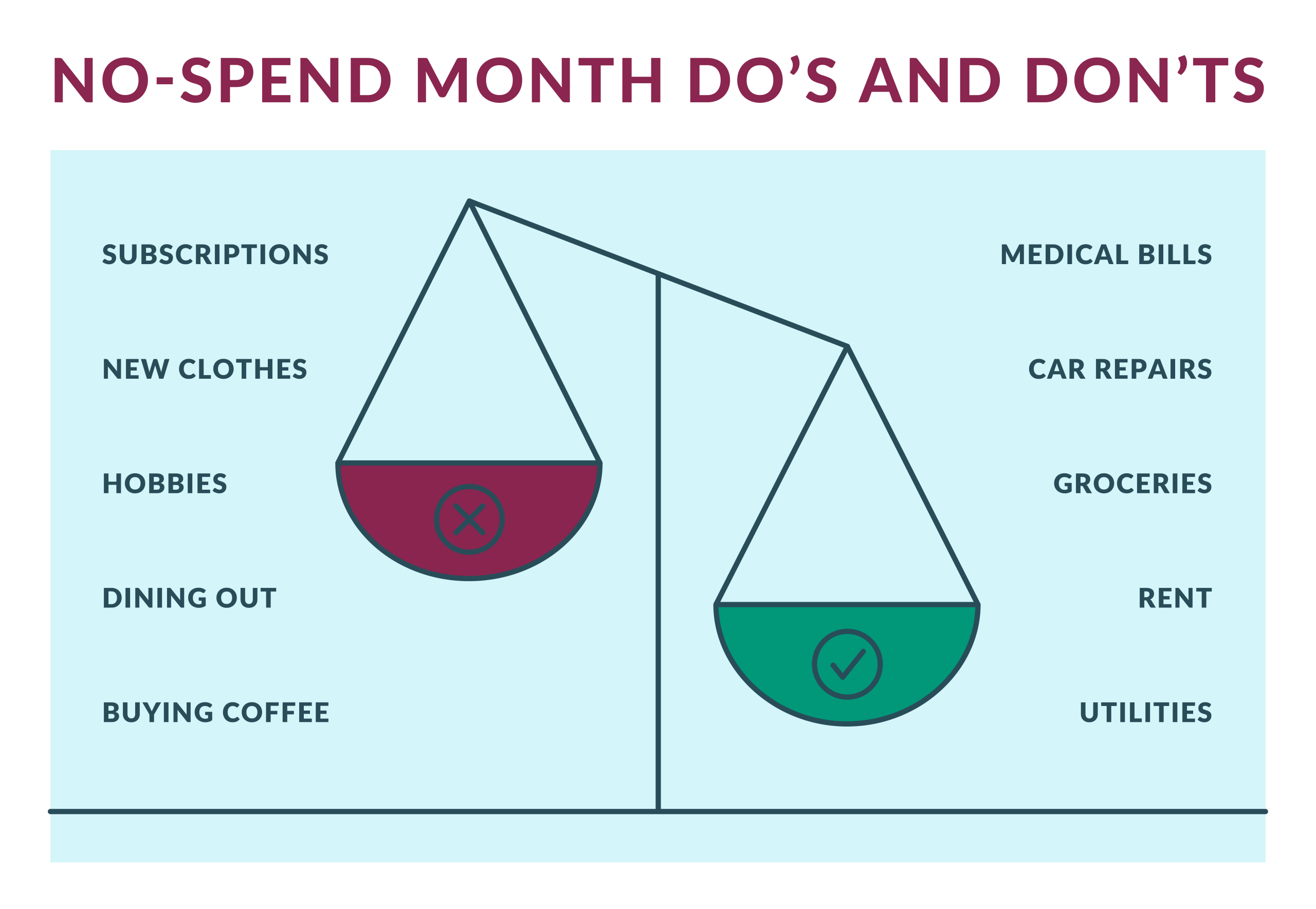Anúncios
The types of mortgages for non-US citizens can vary depending on the applicant’s residency status and financial conditions.
For those looking to purchase property in the United States, it’s essential to understand the available options for non-US citizen mortgage loans and how the process works.
This article covers the main alternatives for housing loans for non-citizens and will offer a practical step-by-step guide to help in this process.
Understand the Types of Mortgages for Non-US Citizens
The US mortgage system offers various financing options for non-citizens, provided they meet certain requirements.
Among the most common types of non-US resident loans are:
Conventional Loans
Conventional loans are financings that are not backed by government entities.
They are one of the most accessible options for non-US citizens with a good credit score and stable financial situation.
However, to qualify, it is very important to:
- Have a valid visa or proof of temporary residency status.
- Present a credit history in the US or abroad.
- Demonstrate income stability.
These loans typically require an initial down payment of at least 5% to 20% of the property value, depending on the lender.
FHA Loans (Federal Housing Administration)
FHA loans are government-backed and offer more flexible conditions, such as a reduced initial payment.
Thus, this option is ideal for non-citizens who have a Social Security Number (SSN) and can prove legal residency status.
Among the advantages of FHA loans are:
- Initial down payment starting from 3.5%.
- Less stringent credit requirements.
- Available to both permanent and temporary residents with a valid visa.
However, this modality may not be available for individuals who use an ITIN (Individual Taxpayer Identification Number).
VA Loans (Veterans Affairs)
Available exclusively for veterans of the US Armed Forces and their direct family members, VA loans are an excellent option for non-citizens who meet the eligibility criteria.
Some of the benefits include:
- Zero initial down payment.
- Competitive interest rates.
- No private mortgage insurance (PMI).
But remember, in this case, applicants must prove their military status and legal residence in the United States.
ITIN Loans
ITIN loans are specific for people who do not have a Social Security Number but do have an Individual Taxpayer Identification Number.
Thus, they are widely used by immigrant workers without permanent legal status. Understand the characteristics of ITIN loans:
- Do not require a traditional credit history.
- Accept alternative income proofs.
- Generally require a higher initial down payment (between 15% and 30%).
While they are an accessible solution, the interest rates for these loans may be higher due to the greater risk perceived by lenders.
Step-by-step to Apply for a Mortgage
Once you know the types of mortgages for non-US citizens, it’s time to prepare for the application process.
Obtaining a mortgage loan can seem challenging, but by following some organized steps, the process becomes simpler.
Ensure your proof of residency status
Securing your proof of residency status is crucial when applying for a mortgage as a non-US citizen. This requirement varies depending on the type of mortgage you are seeking.
Typically, you will need to provide a valid visa or work permit, which verifies your legality to work and reside in the U.S.
For permanent residents, a Green Card serves as a robust testament to your status and often simplifies the lending process.
Additionally, an Individual Taxpayer Identification Number (ITIN) or a Social Security Number (SSN) might be required, depending on the loan type.
Having these documents readily available not only facilitates a smoother application process, but also significantly enhances your chances of loan approval by showcasing your legal and financial standing in the country.
Understand the available loan options
It is imperative to thoroughly research and understand the various financing options available to fit your specific circumstances.
Start by evaluating if you qualify for conventional loans, which are ideal for those with a stable financial background and a good credit score but do not involve government backing.
Understanding these options will allow you to make an informed decision that best aligns with your financial goals and residency status.
Gather all documents
Lenders will require a comprehensive set of documents to assess your financial health and ability to repay the mortgage.
Ensure you have your tax returns from the past two years, which will provide a clear picture of your financial history.
Income proof, such as pay stubs and bank statements, will demonstrate your current financial stability. A proof of current residency will further verify your domicile status in the U.S.
If available, providing a credit history can significantly aid the evaluation process, particularly if you are applying for conventional loan options.
Organizing these documents beforehand can considerably expedite the approval process, as it minimizes the back-and-forth with lenders and reduces the likelihood of delays.
Compare lenders
Not all lenders offer the same terms and conditions, so it is vital to shop around to find the best deal.
When comparing non-US citizen mortgage loans, focus on the interest rates, initial down payment requirements, and specific credit and documentation requirements that each lender imposes.
Utilize online mortgage simulators to estimate monthly payments under different scenarios and consult various banks and financial institutions.
This step is critical as it ensures that you not only find the most competitive rates but also the terms that best fit your financial situation and needs.
Submit the application
Once you have identified the most suitable loan option and compiled all the necessary documents, the next step is to submit your mortgage application.
This process can typically be conducted online, which offers convenience and speed, or in person at a bank or lender’s office if you prefer a more hands-on approach.
Be proactive in responding to any requests for additional information from the lender to avoid any unnecessary delays in the application process.
Timely and accurate submission of all required documents and information is key to a smooth and successful mortgage approval process.
The types of mortgages for non-US citizens offer various opportunities for immigrants to acquire their properties in the United States.
Through conventional, FHA, VA, or ITIN loans, there are options to meet the needs of different profiles, including yours! Therefore, note all the tips we have gathered and start preparing.
Following the step-by-step guide we presented above increases your chances of success in the application and, consequently, in obtaining the financing.
For more information on mortgages and financial management in the real estate field, continue exploring our website! Check out this publication on the best options for first-time home buying programs.






